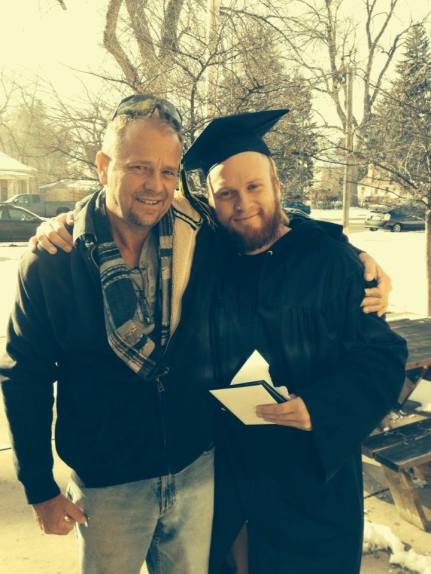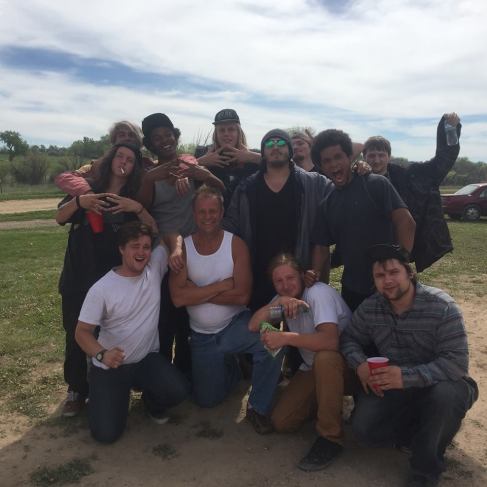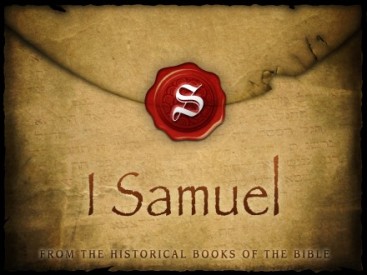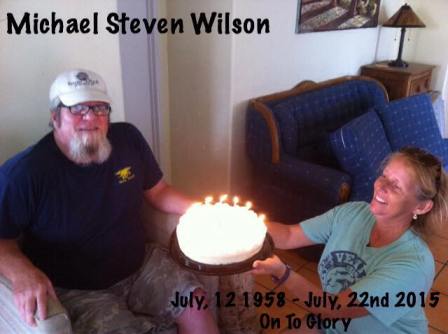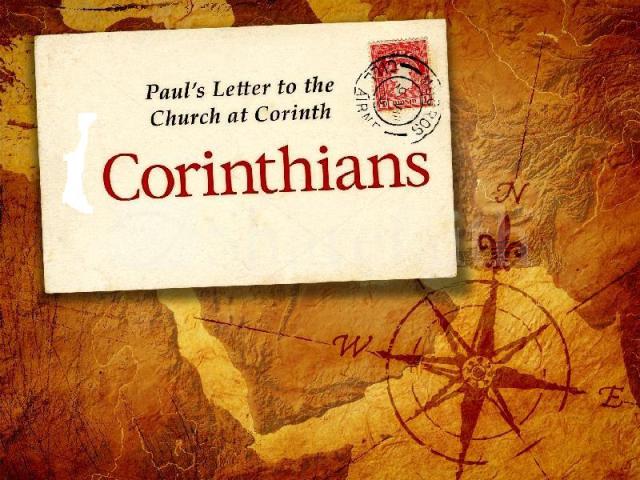
Paul continues his thought from verses 1-5 and explains the previous clause in verse 6:
“6 Now these things, brethren, I have figuratively applied to myself and Apollos for your sakes, so that in us you may learn not to exceed what is written, so that no one of you will become arrogant in behalf of one against the other.”
To what is Paul figuratively applying to himself and Apollos? Not to make any judgements? I think not since he’s calling out their arrogance and thus making a judgment. Is it that Paul is ignorant of his own sin and doesn’t judge himself? Again, I think not since partaking of the Lord’s Table requires self-examination and he exhorts believers to judge themselves in 1 Corinthians 11.
Could it be that the Corinthians judgment of Paul is insignificant to him or that of any human court concerning the value of his apostleship? Perhaps but, why figuratively, why not speak plainly? Could it be to confound their alleged “wisdom”? More likely it’s that he’s a steward and servant of Christ. But how can one possibly be the servant and steward of Christ and God’s mysteries since the deity is the source of all life and is self-existent? He clues us in and says, “…stewards must be found trustworthy”.
I take that to mean that that if one is trustworthy, it’s based on Christ’s work on their behalf in election or being chosen by Him (see chapters 1:30-31; 3:6-10), rather than by any human autonomous ultimate choice. I think that’s what Paul is driving home, the purpose here is to take the Corinthians back to God’s word which is foolishness to the world of men, but is actually God’s power and wisdom.
Paul is exhorting these believers to be God-centered in their thoughts by being Word-centered, the fruit of which is humility, not arrogance. That is, when our standard of wisdom and knowledge is based on the creature, not the Creator’s revelation to us, arrogance will follow. This arrogance is plain when we compare ourselves among ourselves and Paul says that that’s foolish, unbiblical and results from this fallen evil age. It’s stupid thinking!
That was a problem then, and remains until today. Which “superstar” pastor do you enjoy hearing friend? And who do you disparage even if they are faithful to Christ’s word? We have a human weakness that is ever present and raises it’s despicable head when we make much of the creature and little of the Creator because His word is not the ultimate source we turn to for wisdom and knowledge.
Paul is now going to first ask the Corinthians a question that concerns the source of their thought life and points out first that their gifts were not earned, but given, thus boasting here is immoral. And secondly, Paul seems to ridicule their refrain and opinion of him:
“7 For who regards you as superior? What do you have that you did not receive? And if you did receive it, why do you boast as if you had not received it?
8 You are already filled, you have already become rich, you have become kings without us; and indeed, I wish that you had become kings so that we also might reign with you. 9 For, I think, God has exhibited us apostles last of all, as men condemned to death; because we have become a spectacle to the world, both to angels and to men. 10 We are fools for Christ’s sake, but you are prudent in Christ; we are weak, but you are strong; you are distinguished, but we are without honor. 11 To this present hour we are both hungry and thirsty, and are poorly clothed, and are roughly treated, and are homeless; 12 and we toil, working with our own hands; when we are reviled, we bless; when we are persecuted, we endure; 13 when we are slandered, we try to conciliate; we have become as the scum of the world, the dregs of all things, even until now.”
Again here we essentially see the marks of true discipleship in Paul where according to this world’s wisdom the apostle’s life is ultimately unattractive, unsophisticated, and unbearable (v.9) “men condemned to death”, (v.10) “fools for Christ’s sake…we are weak…we are without honor”, (v.11) “we are both hungry and thirsty…poorly clothed…roughly treated…homeless;”, (v.13) “…we are slandered…the scum of the world…dregs of all things,”
These descriptions of Paul the world loathes in its wisdom and the Corinthians have drunk deep from its’ well. Thus, not only does Paul explain from where their gifts come, and ridicules their view of him, but thirdly he explains his motive for said descriptions and his argument from verse 1:
“14 I do not write these things to shame you, but to admonish you as my beloved children. 15 For if you were to have countless tutors in Christ, yet you would not have many fathers, for in Christ Jesus I became your father through the gospel. 16 Therefore I exhort you, be imitators of me.”
Paul does not want to shame but rather exhort them to follow his example as a father would to his children. He can say this because he’s following Christ and by doing so, unlike the Corinthians, he’s living in light of the Gospel which is producing hardships that from a worldly perspective looks to be a wasted life.
So Paul not only wants them to imitate his faithfulness to Christ, but fourthly he goes on to explain that his motive in sending Timothy was for them to see what a real disciple looks like:
“17 For this reason I have sent to you Timothy, who is my beloved and faithful child in the Lord, and he will remind you of my ways which are in Christ, just as I teach everywhere in every church. 18 Now some have become arrogant, as though I were not coming to you. 19 But I will come to you soon, if the Lord wills, and I shall find out, not the words of those who are arrogant but their power. 20 For the kingdom of God does not consist in words but in power. 21 What do you desire? Shall I come to you with a rod, or with love and a spirit of gentleness?”
Note how Paul compares Timothy’s faithfulness to the Corinthians unfaithfulness by his disclosure of Timothy as “my beloved and faithful child in the Lord”. Here we see Paul’s prior rebuke and necessary exhortation (vv. 17-18) to children in the Lord who are filled with pride and are losing their way because they heed worldly wisdom.
Timothy is a faithful man of God because he’s grounded in the apostolic teaching which issues from the Lord Himself (Mt.7:28-29). Thus, a pattern of teaching obtains from Paul which Timothy replicates in every place he teaches. He’s telling the Corinthians to heed Timothy’s teaching because it’s like Paul’s.
Finally, Paul addresses those who are arrogant and calls them out: “You can talk for sure, but can you walk it out?” That’s what I see Paul doing by asking them to see their, “power” and not their “words” (vv.19-20). What we know is that this power is from the Spirit which produces new birth in dead souls (1 Cor.2), not mere words, but as it were, “God breathed life giving powerful words”.
Paul is calling the Corinthians out on their ignorance to which their arrogance so swiftly blinds them. We must remember that this pride still blinds people today from seeing and delighting in the Gospel of Christ, and is thus ready to damn the prideful into a Christ-less eternity where God’s just wrath awaits the ungodly. That’s pride’s danger, but it’s remedy is a God-centered, Word-centered, Gospel oriented life.
(SDG)


